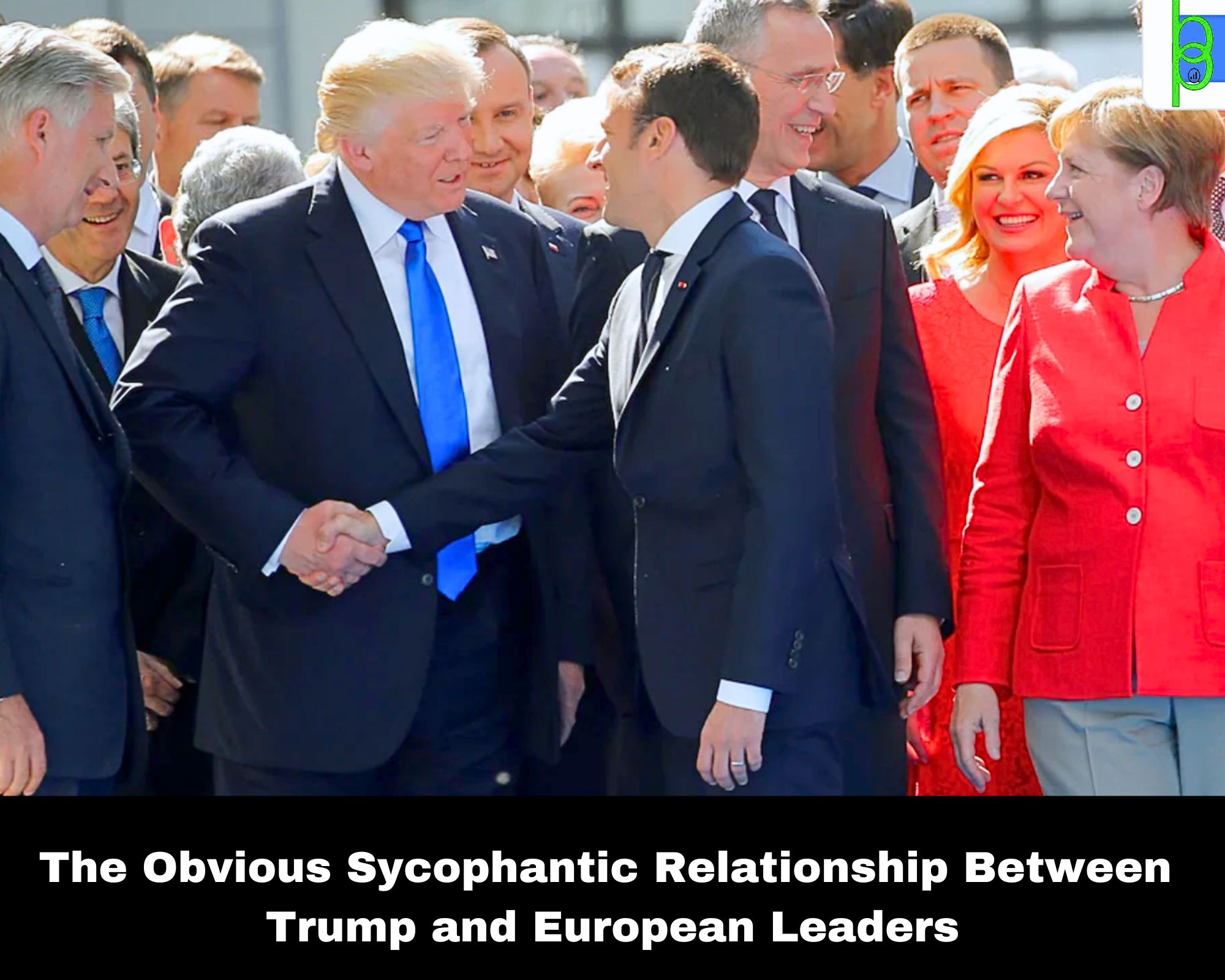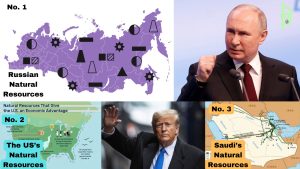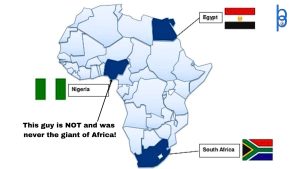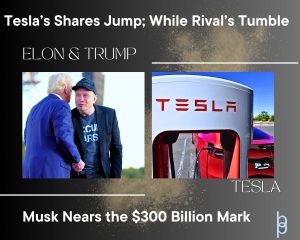
Trump’s Victory Sends Chills to Zelensky and European Leaders
Was Vladimir Putin dancing at the Kremlin when it became clear that Trump had won the election? If so, one could argue that Zelensky was weeping at Mariinskyi Palace. Amid the rejoicing and panic from different parts of the world, one thing was sure: 2025 would bring a different American political narrative.
Donald Trump does not shy away from expressing his opinions. Unlike most politicians, he promises and delivers. He is bold, brave, arrogant, rude, condescending, and effective. He is set to return to the seat of the greatest economy in human history. This position grants him unprecedented power, sending chills down the spines of world leaders, including President Putin and Xi.
Europe has depleted its weapon reserves, its combined economy accounts for 70% of the US, and it heavily depends on American support. Consequently, US policies affect the EU and the UK almost as if they were enforced domestically. This explains why they are panicking about Trump’s resurgence. His views are often at odds with those in Europe, and he intends to end the war in Ukraine, which European leaders have heavily invested in. A return of Vladimir Putin to the centre stage of world politics is a scenario the EU is unwilling to accept, at least in the foreseeable future.

So, why are European leaders so frightened of Trump? There are several reasons. First, Trump may withdraw from NATO or demand that every member country contribute its fair share. This would hit struggling European economies, which are already experiencing record inflation. Second, he might seek to end the war in Ukraine, potentially humiliating Europe by granting Putin a seat at the negotiating table with the spoils of war: Ukrainian land.
Moreover, Russia is currently more assertive than it was before the war. Europe has lost its leverage over Russia; it has absorbed and comfortably digested all of Europe’s threats and sanctions. Currently, the Europeans have virtually no leverage left over Russia, whose economy has withstood the combined might of Europe and North America—showing resilience even against the Western-controlled unipolar world.
Returning to the negotiating table under such conditions would humiliate the Europeans. Meanwhile, Zelensky is left with a country devastated by war, primarily sustained, supported, encouraged, and approved by the collective West. Ukraine has lost over half a million people, and more than 8 million have fled the country. The Donbas region is crumbling faster than ever, with its economy so decimated that it may not endure without US assistance for beyond a quarter. Germany, Europe’s largest economy, has also suffered due to sanctions imposed on Russia. The West had predicted a quick collapse of Russia, an economy half the size of California or similar to Italy’s. However, with the help of India and China, Russia has survived the sanctions.
The West overestimated its position and underestimated Russia. It is used to impose sanctions on countries with little industrial capacity. However, Russia is the largest country in the world, technologically advanced, and endowed with vast mineral resources that will fuel its economy for generations. Europe’s reliance on these mineral resources has sustained its economic growth. By sanctioning Russia, Europe effectively sanctioned itself. In fact, the real beneficiary of these sanctions has been the US, which has filled the gap by selling missing Russian resources at marked-up prices, thereby accelerating inflation in Europe.
Trump aims to end Biden’s hawkish policies and foster better relations with Putin and Xi. Europe’s overdependence on the US works best when the US is at odds with Russia and China. If Trump were to retake office, his policies could relegate Europe to a secondary or even tertiary position. Unlike most American politicians, who view Europe solely as an ally, Trump sees everyone as a competitor. If a peace agreement is reached with Russia and a trade agreement with China is established, it would have dire consequences for Europe, whose economies may lack the competitiveness to thrive.
Meanwhile, China is also facing challenges. Its economy has stagnated since Trump initiated the trade war, leaving the communist party to navigate an uncertain future, unsure of what Trump might have planned this time. The US has the capability to adversely impact the Chinese economy, potentially pushing it back into stagnation if supported by Europe, Japan, and South Korea. The dynamics of international relations often see these nations respond eagerly to US leadership, much like a pet wagging its tail for its owner. The question remains: Will Trump go all-in against China, or will he seek common ground? This decision will significantly influence the economic future of both Europe and America. The Europeans would prefer the former.
As the anxiety mounts, Europe is carefully drafting a working plan to adjust its rhetoric and approach to align with Trump’s temperament, which evolved during his four years out of the White House. If anyone knows Trump best, it is likely Emmanuel Macron of France, who felt relief when Trump lost the previous election. Meanwhile, British Foreign Secretary David Lammy has labelled several aspects of this new political landscape as concerning.
By Ikechukwu ORJI





